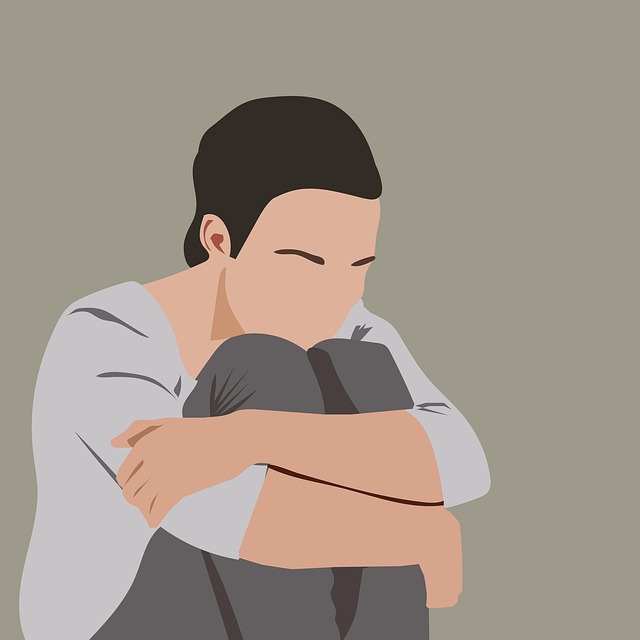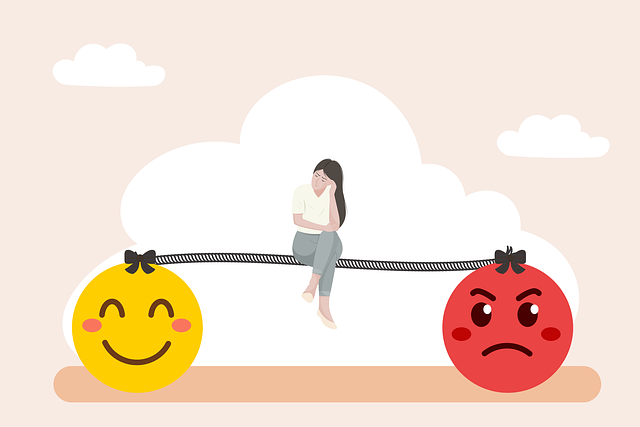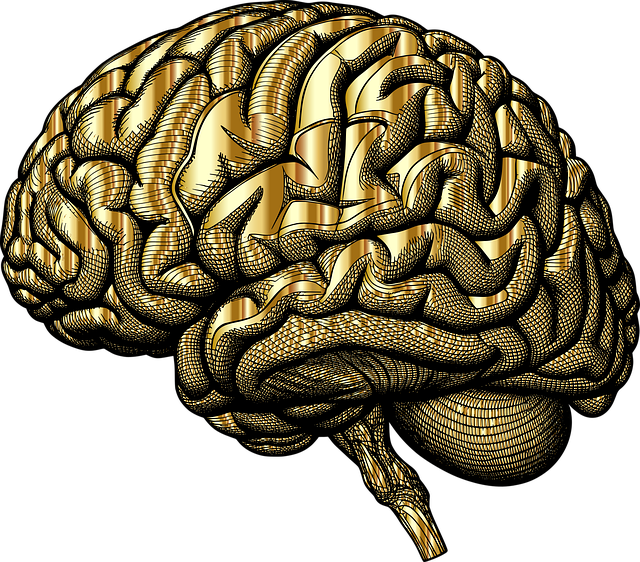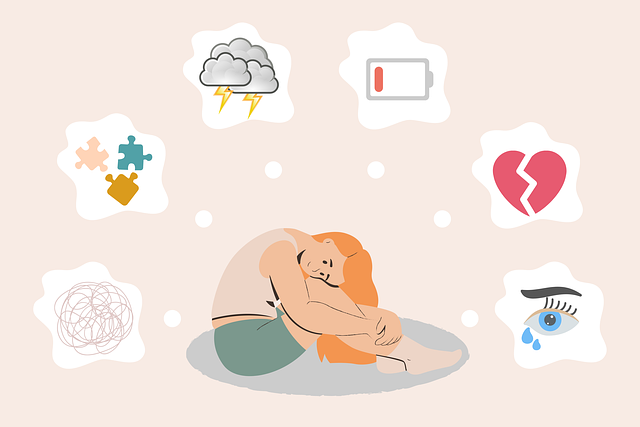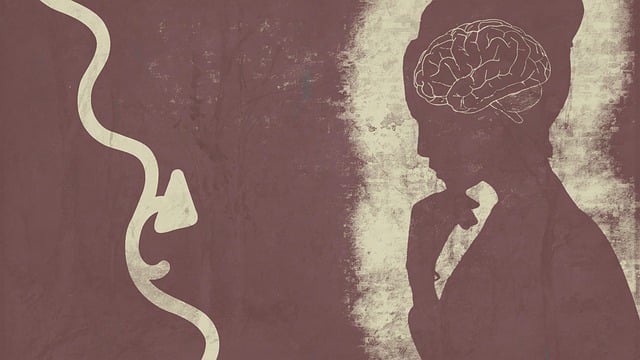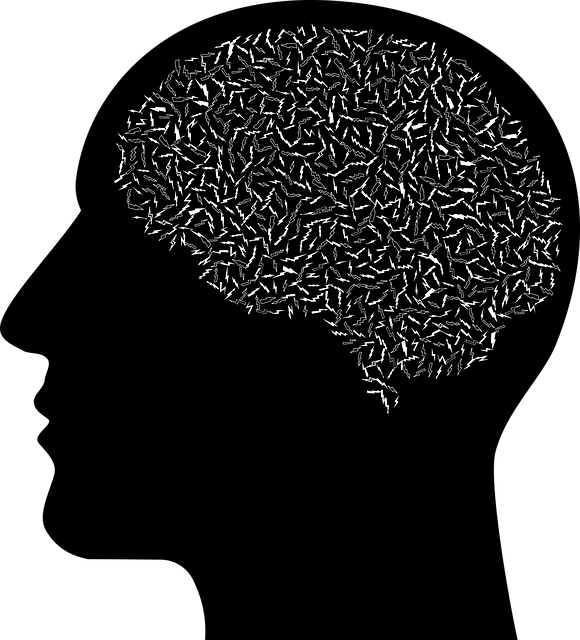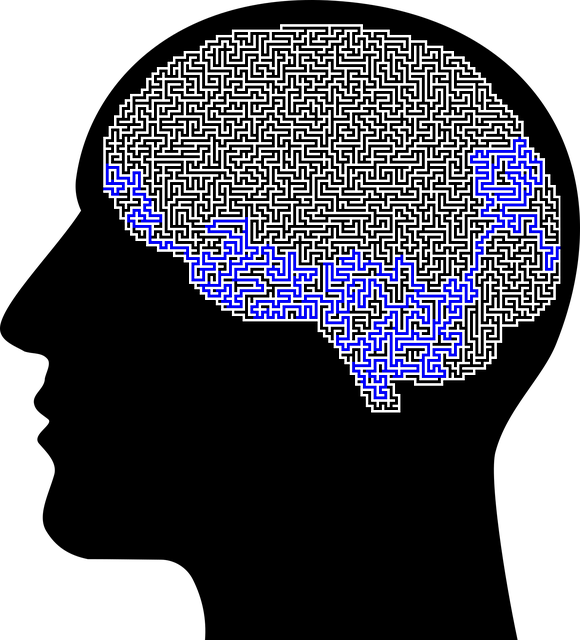Cultivating mental wellness through self-care is essential, especially for managing OCD, as highlighted by Boulder Obsessive Compulsive Disorder (Boulder OCD) therapy. This involves active practices like empathy building, conflict resolution, and journaling to nurture minds and emotions. Recognizing personal needs and boundaries, often discovered through nature, creativity, or mindfulness, is key. Cognitive Behavioral Therapy (CBT), combined with Social Skills Training, offers evidence-based strategies for challenging unhelpful thoughts and behaviors. Personalized self-care routines, incorporating mindfulness and creative outlets, empower individuals to manage OCD symptoms effectively. Regular re-evaluation and adaptability are crucial, especially during life transitions, with Boulder OCD therapy providing tailored coping mechanisms and community support.
In today’s fast-paced world, prioritizing mental wellness is more crucial than ever. This comprehensive guide explores the journey to cultivating a robust self-care routine for optimal mental health. From understanding the fundamentals of mental wellness and recognizing personal needs to integrating evidence-based practices for conditions like Boulder Obsessive Compulsive Disorder (OCD), we’ll equip you with tools to craft a tailored self-care plan. Learn how to sustain and adapt this routine over time, ensuring long-lasting well-being.
- Understanding Mental Wellness and Self-Care
- Recognizing Personal Needs and Boundaries
- Integrating Evidence-Based Practices for OCD
- Crafting a Customized Self-Care Routine
- Sustaining and Adjusting Your Routine Over Time
Understanding Mental Wellness and Self-Care

Understanding mental wellness is the first step toward cultivating a robust self-care routine. It involves recognizing and managing our emotional, psychological, and social well-being. Mental wellness isn’t merely the absence of illness; it’s about thriving and achieving one’s full potential. For many, addressing specific challenges like Boulder Obsessive Compulsive Disorder (OCD) therapy can play a pivotal role in enhancing mental wellness.
Self-care, in this context, is an active process that requires dedication and self-awareness. It involves incorporating activities and practices designed to nurture our minds and emotions, reduce stress, and promote overall balance. Empathy building strategies, conflict resolution techniques, and even engaging in mental wellness journaling exercises can serve as powerful tools to support individuals in navigating their mental health journeys. Through these means, one can develop a personalized self-care routine that fosters resilience, enhances coping mechanisms, and contributes to a deeper sense of well-being.
Recognizing Personal Needs and Boundaries

Recognizing and understanding one’s personal needs and boundaries is a crucial step in developing an effective self-care routine, especially for individuals navigating mental wellness challenges like Obsessive Compulsive Disorder (OCD). Boulder OCD therapy emphasizes the importance of this awareness as a foundation for healing. By recognizing triggers, coping mechanisms, and emotional cues, individuals can start to set healthy boundaries that support their overall well-being. This involves identifying what brings them comfort, relaxation, and a sense of balance, whether it’s spending time in nature, engaging in creative pursuits, or practicing mindfulness techniques.
In the context of mental illness stigma reduction efforts, fostering self-awareness can empower individuals to take charge of their mental health journey. It encourages a sense of agency and promotes cultural sensitivity in mental healthcare practice, where understanding personal boundaries becomes an essential tool for both clients and professionals. This awareness helps create a safe space for expression and facilitates better communication during risk assessments for mental health professionals, ultimately contributing to more tailored and effective treatment plans.
Integrating Evidence-Based Practices for OCD

Developing a self-care routine tailored to manage OCD involves integrating evidence-based practices recommended by Boulder Obsessive Compulsive Disorder Therapy experts. Cognitive Behavioral Therapy (CBT) stands out as an effective approach, focusing on identifying and modifying unhelpful thought patterns and behaviors. Through techniques such as exposure and response prevention, individuals can learn to confront obsessions without engaging in compulsions, gradually reducing the power these thoughts hold over them.
Social Skills Training, another valuable component, aids in building healthy relationships and improving communication, which is crucial for risk management planning and assessment in mental health professionals. By fostering a sense of community and support, individuals with OCD can develop coping strategies that extend beyond therapy sessions. This comprehensive approach not only enhances self-care but also empowers individuals to navigate their mental health journey more effectively.
Crafting a Customized Self-Care Routine

Developing a self-care routine tailored to your unique needs is a powerful tool for managing mental wellness. It’s about creating moments of calm and nurture in a world that often feels chaotic. For those dealing with obsessive-compulsive disorder (OCD), this practice takes on added importance, as it can provide much-needed coping mechanisms and stress reduction methods outside of traditional Boulder OCD therapy sessions.
A customized routine may include various practices such as mindfulness meditation, journaling, exercise, or engaging in creative outlets. The key is to identify activities that resonate with you and fit seamlessly into your lifestyle. For instance, incorporating short periods of Mindfulness Meditation throughout the day can help ground you and reduce anxious thoughts. Alternatively, a Mental Health Education Program designed to enhance self-awareness and coping strategies could be a valuable addition, empowering you to better navigate life’s challenges.
Sustaining and Adjusting Your Routine Over Time

Maintaining a mental wellness self-care routine is an ongoing process that requires commitment and flexibility. Over time, what works for one person might change for another as life circumstances evolve. For instance, someone managing Anxiety Relief through mindfulness practices may need to adapt their routine when facing new stressors or challenges like a move or major life transition. Regularly evaluating your self-care habits is essential; consider what still resonates and bring awareness to any areas that may have become less effective.
In Boulder, Obsessive Compulsive Disorder (OCD) Therapy plays a significant role in helping individuals develop adaptive coping mechanisms. Therapists can guide clients in incorporating Self-Awareness Exercises tailored to their unique needs. Additionally, Community Outreach Program Implementation initiatives can foster support networks and provide resources for maintaining or adjusting self-care routines over the long term.
Developing a mental wellness self-care routine is a powerful tool for managing stress, anxiety, and even conditions like Boulder Obsessive Compulsive Disorder (OCD). By recognizing personal needs and setting healthy boundaries, individuals can integrate evidence-based practices to create a customized routine that supports overall well-being. This consistent practice not only helps in the moment but also fosters resilience and adaptability over time, ensuring a more balanced and fulfilling life.

